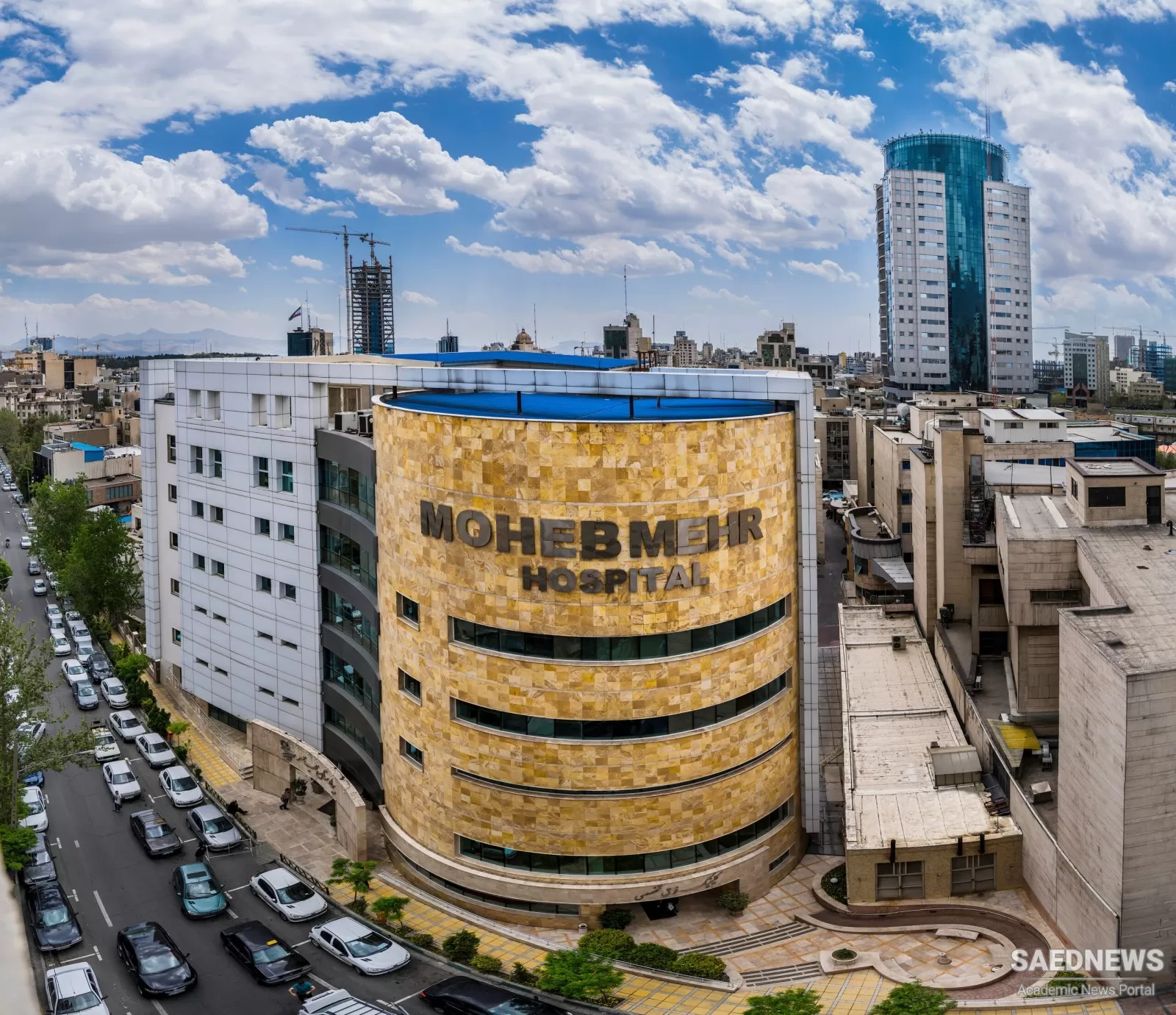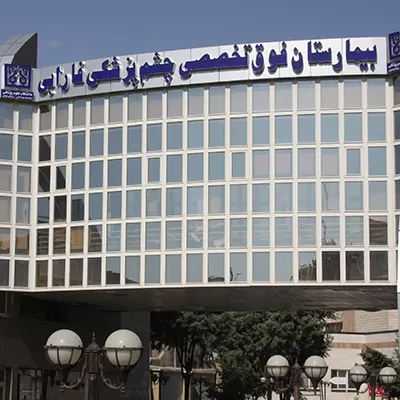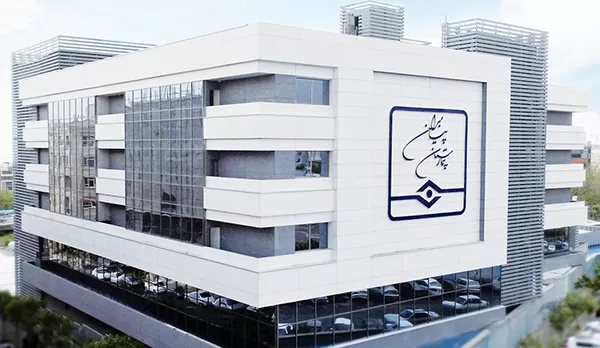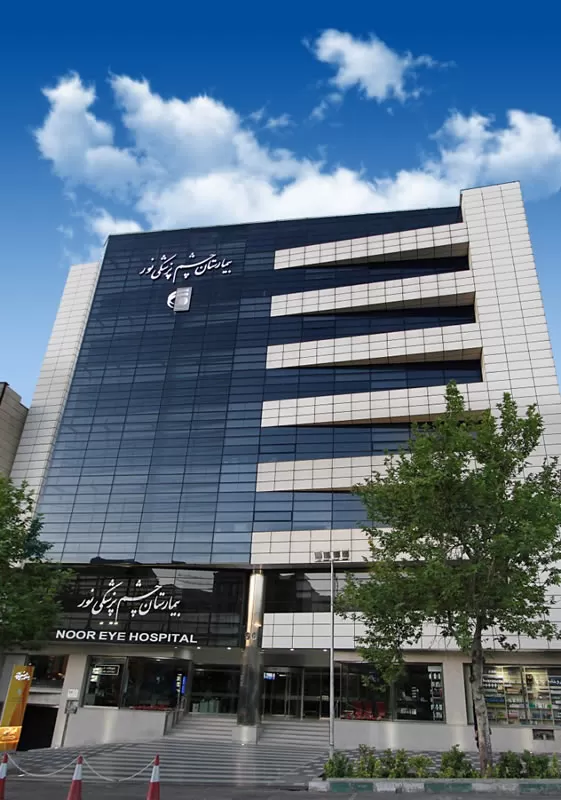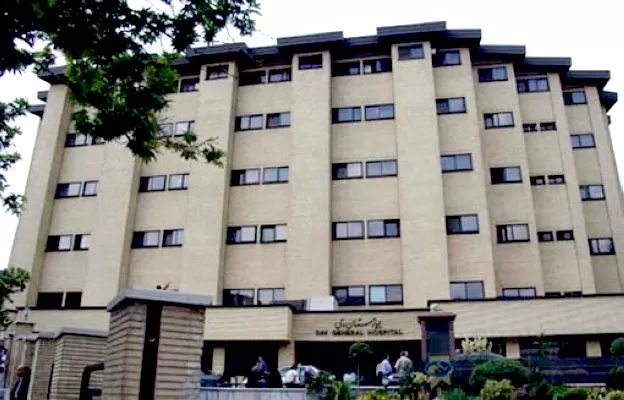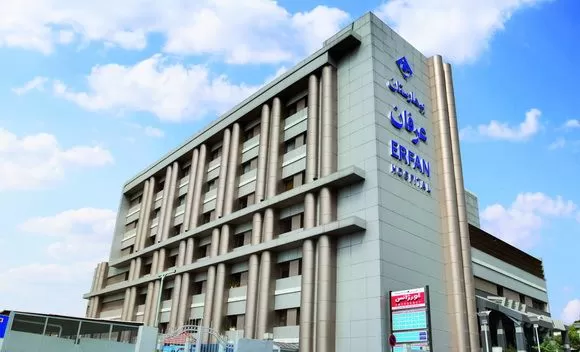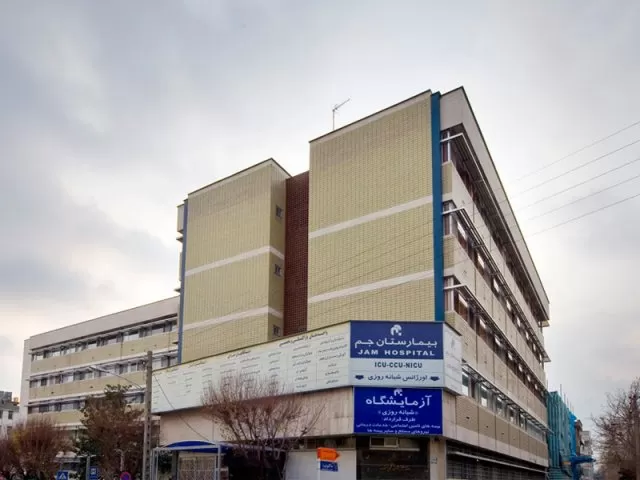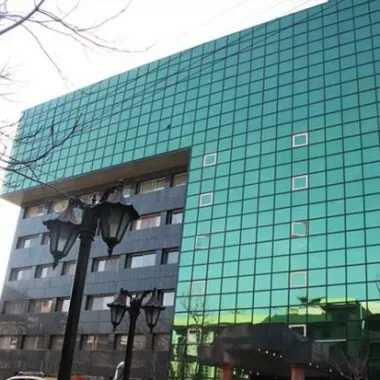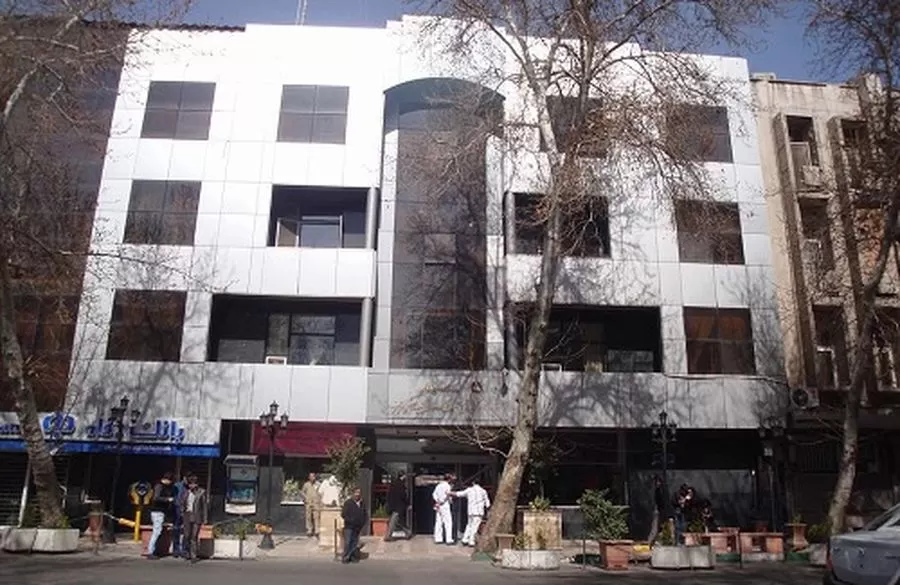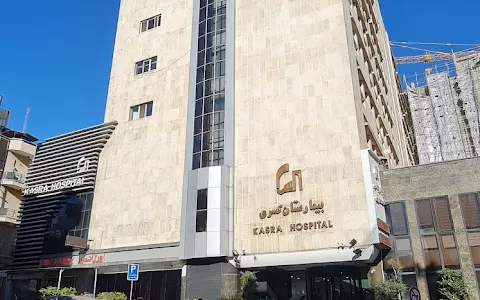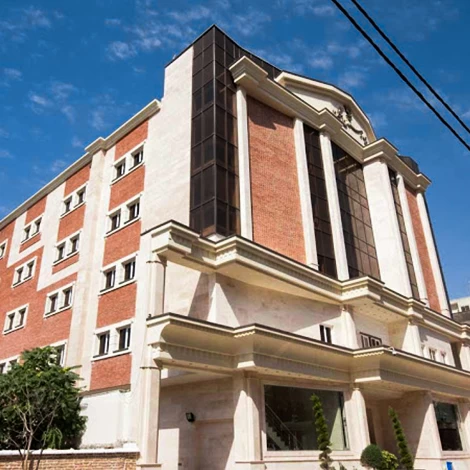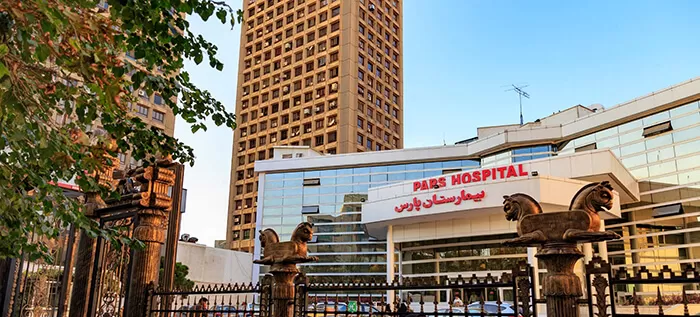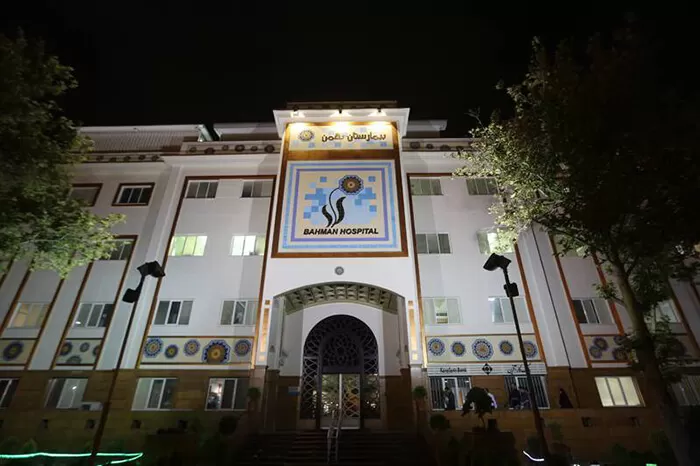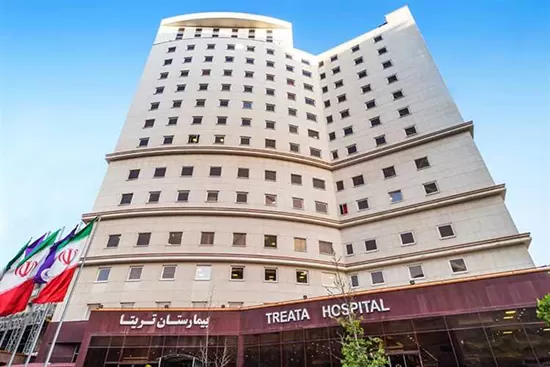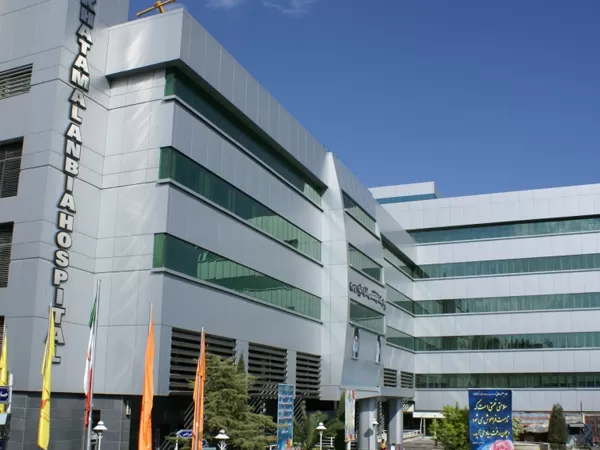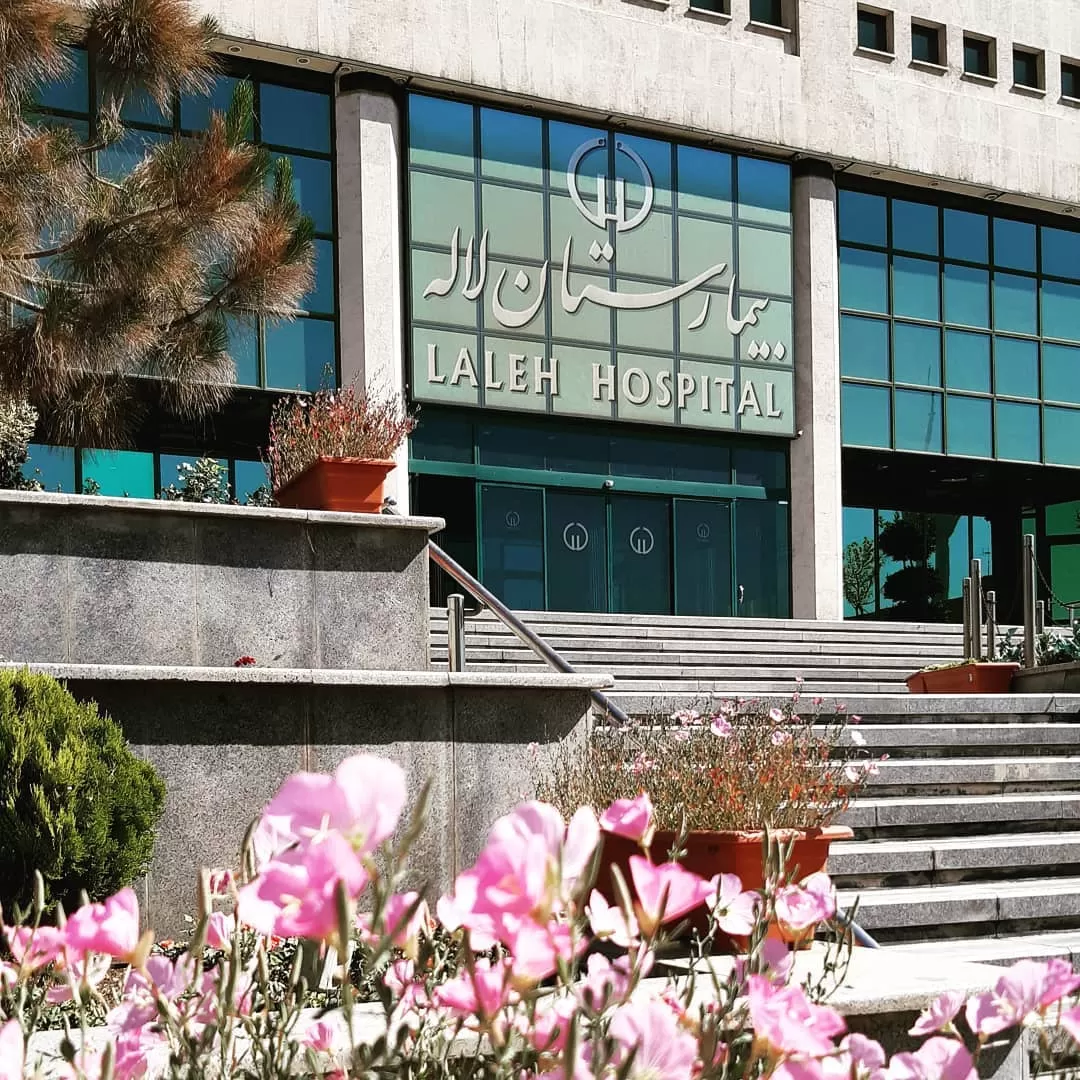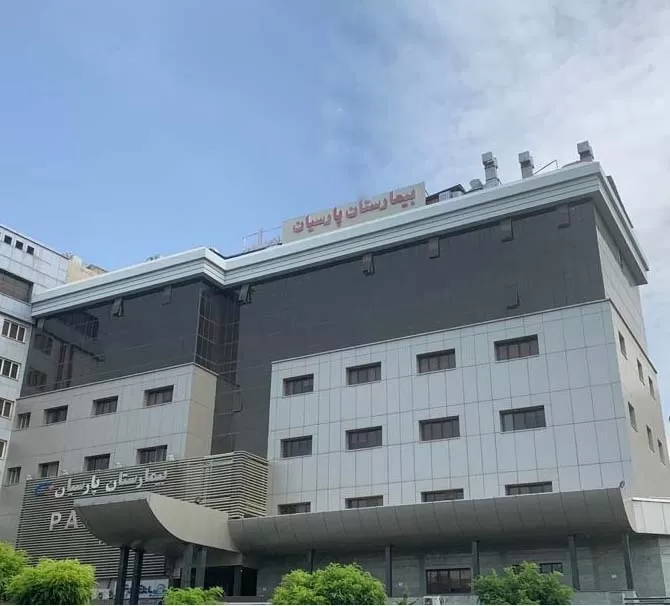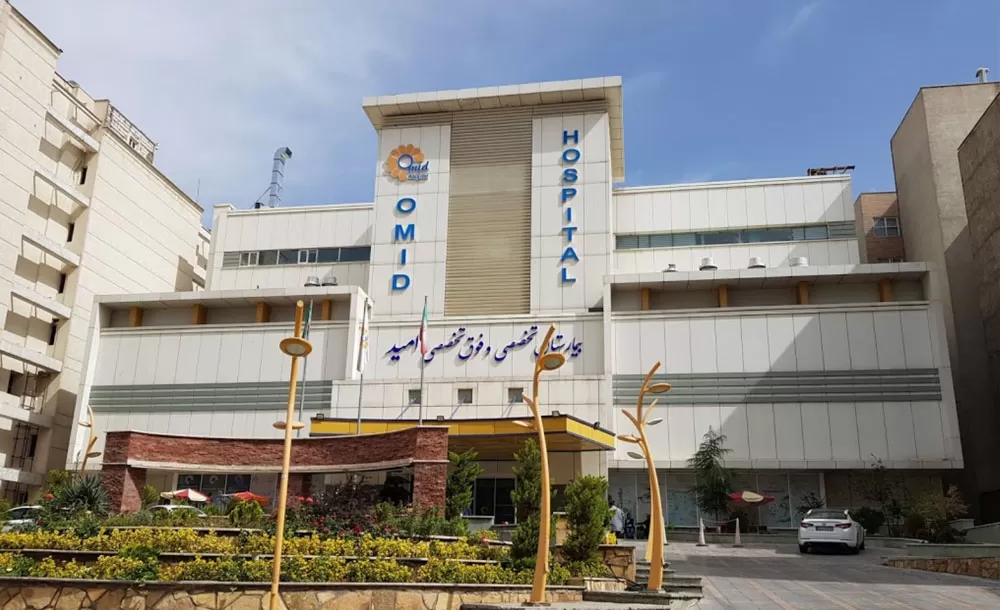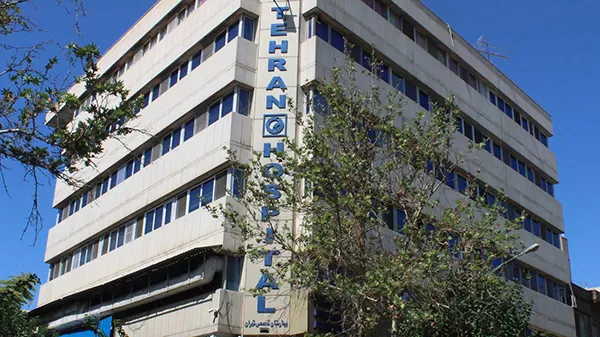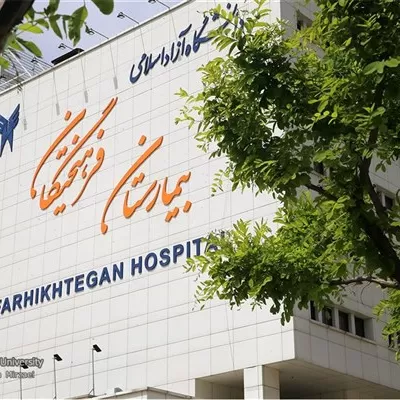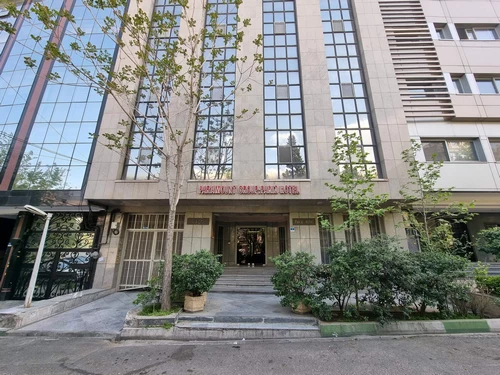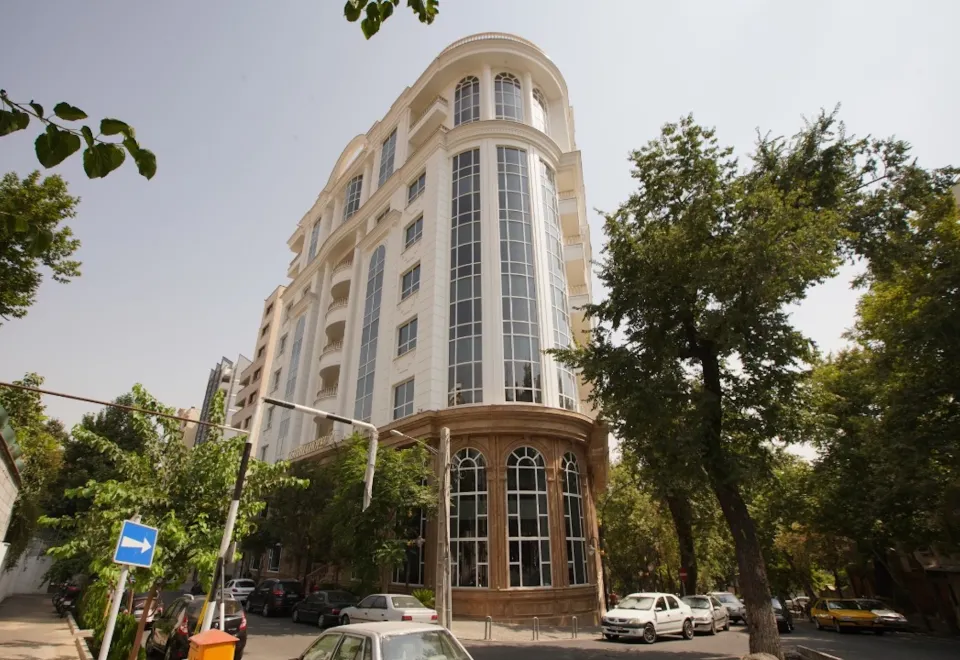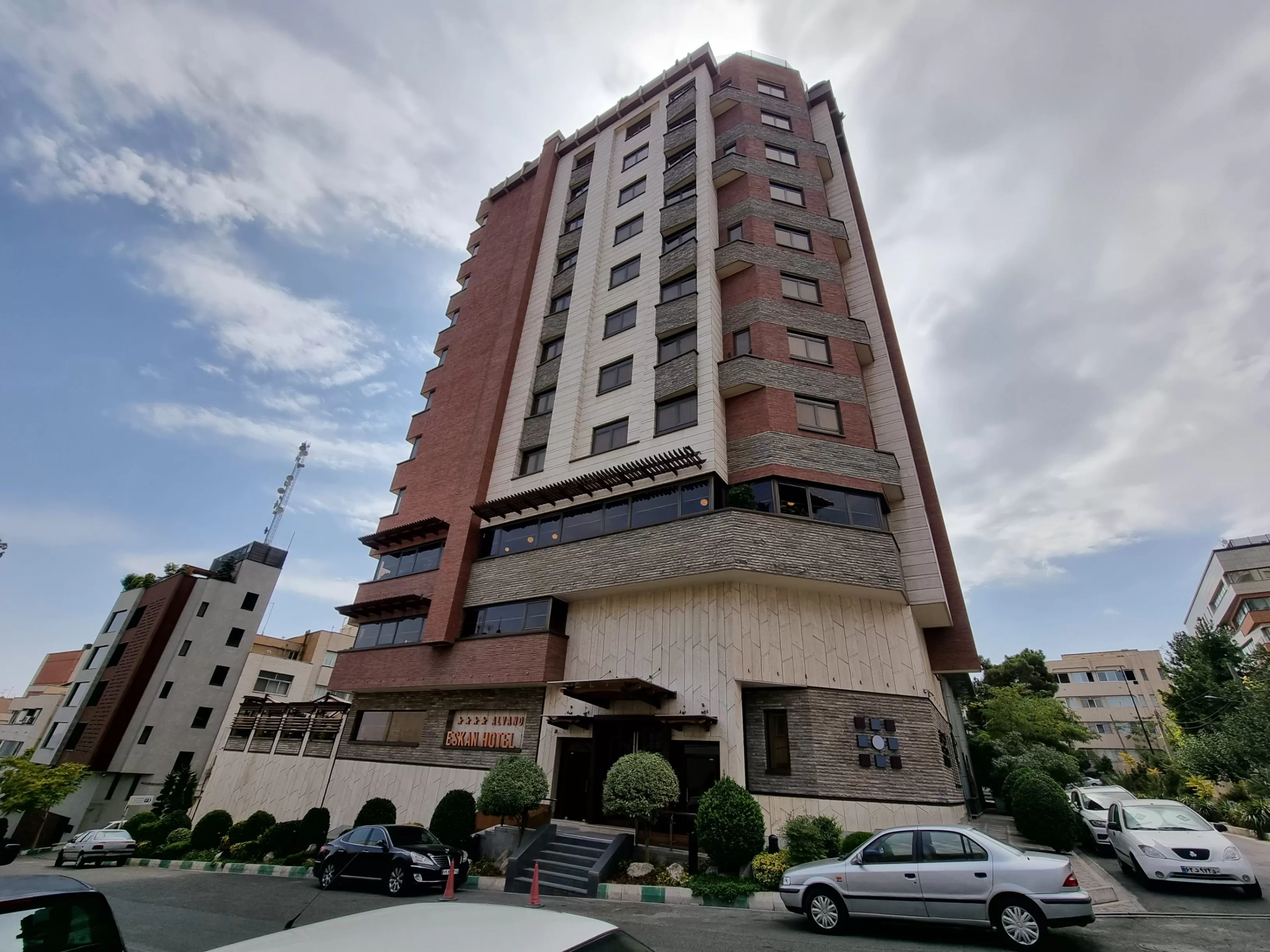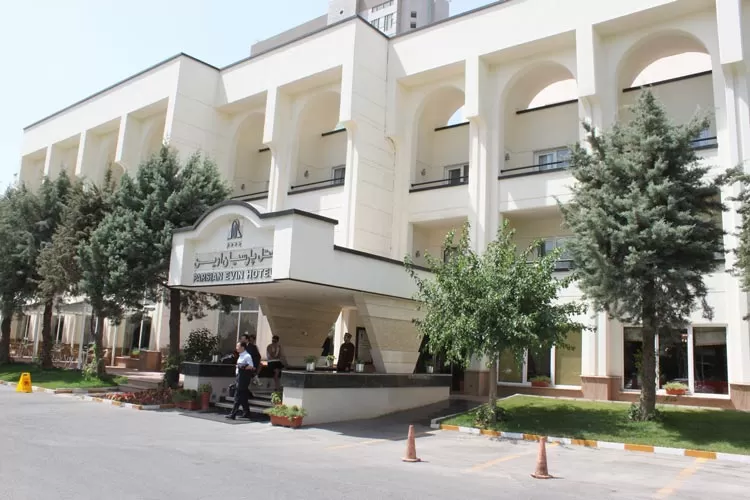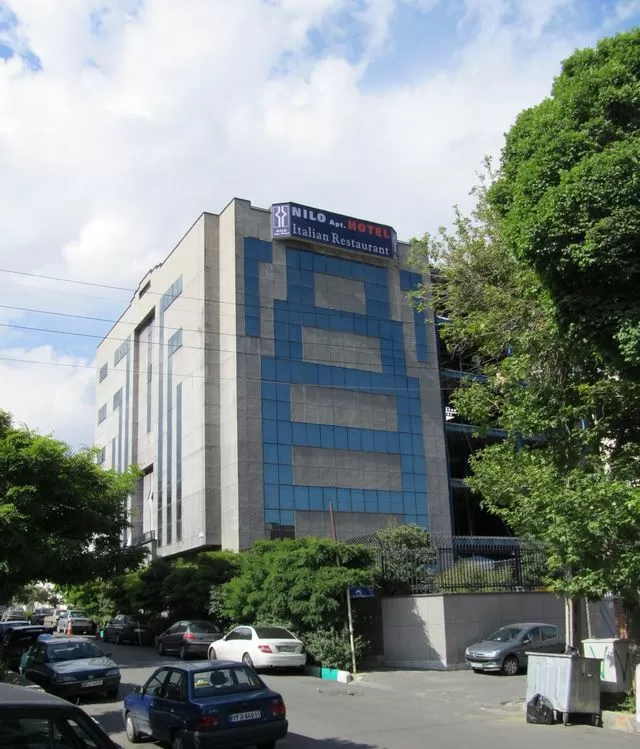Liver cancer is a type of cancer that starts in the cells of your liver. Your liver is a football-sized organ that places in the upper right portion of the abdomen, beneath the diaphragm, and above the stomach.
Various types of cancer can be in the liver. The most common type of liver cancer is hepatocellular carcinoma, which begins in the main type of liver cell (hepatocyte). Other types of liver cancer, such as intrahepatic cholangiocarcinoma and hepatoblastoma, are much less common.
Symptoms of liver cancer
Most patients don't have signs and symptoms in the early stages of primary liver cancer. When signs and symptoms have appeared, they are:
1. Losing weight without trying
2. Loss of appetite
3. Upper abdominal pain
4. Nausea and vomiting
5. General weakness and fatigue
6. Abdominal swelling
7. Yellow discoloration of your skin and the whites of your eyes (jaundice)
8. White, chalky stools
Risk factors of liver cancer
Factors that amplify the risk of primary liver cancer are:
1. Involving with chronic infection with HBV or HCV. Chronic infection with the hepatitis B virus (HBV) or hepatitis C virus (HCV) increases your possibility to get involved with liver cancer.
2. Cirrhosis. This accelerating and irreversible situation causes scar tissue to compose in your liver and amplifies your possibility of developing liver cancer.
3. Certain inherited liver diseases. Liver diseases that can increase the risk of liver cancer include hemochromatosis and Wilson's disease.
4. Diabetes. People with this blood sugar disorder have a greater risk of liver cancer than those who don't have diabetes.
5. Nonalcoholic fatty liver disease. An accumulation of fat in the liver raises the possibility of liver cancer.
6. Exposure to aflatoxins. Aflatoxins are toxic chemicals or poisons produced by molds that grow on crops that are stored poorly. Crops, such as grains and nuts, can become contaminated with aflatoxins, which can end up in foods made of these products.
7. Excessive alcohol consumption. Consuming more than a moderate amount of alcohol daily over many years can lead to irreversible liver damage and increase your risk of liver cancer.
Ask your doctor about liver cancer screening
For the general population, screening for liver cancer hasn't been proved to decrease the risk of dying of liver cancer, and it isn't generally recommended. People with conditions that increase the risk of liver cancer might consider screening, such as people who have:
1. Hepatitis B infection
2. Hepatitis C infection
3. Liver cirrhosis


 Arabic
Arabic
 German
German
 Persian (Farsi)
Persian (Farsi)
 Russian
Russian
 Urdu
Urdu
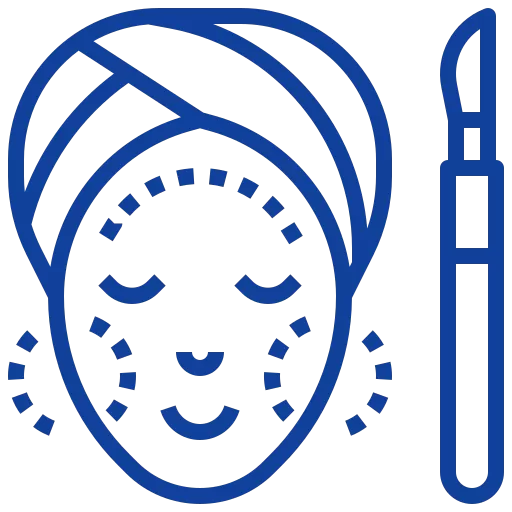 Beauty
Beauty



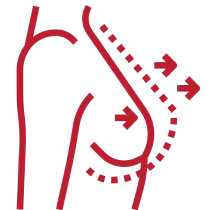

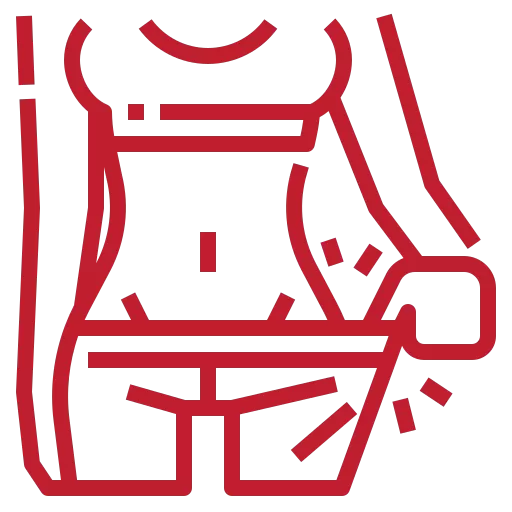
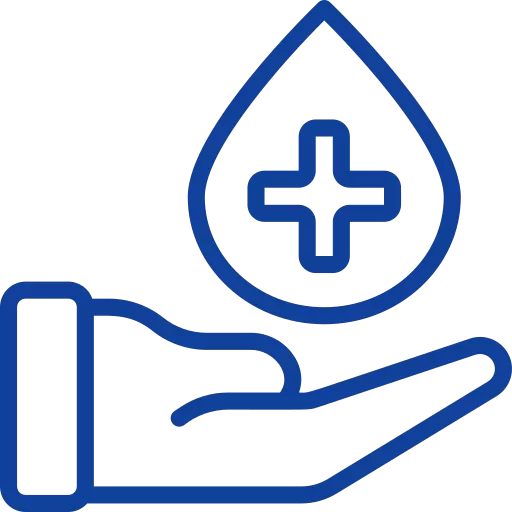 Medical
Medical





 Hotels
Hotels
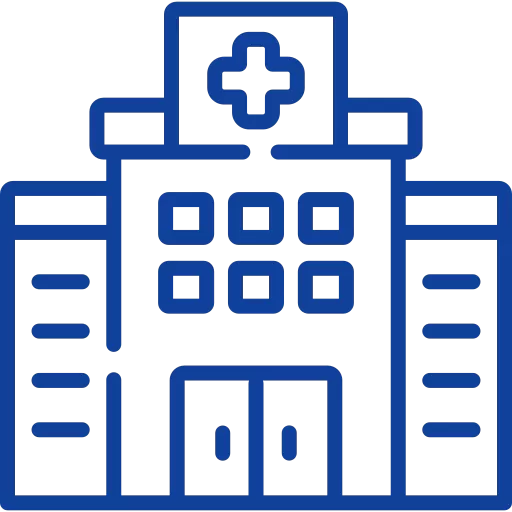 Hospitals
Hospitals

